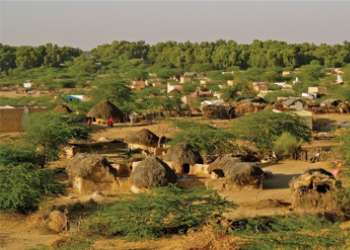
Climate change will bring drought and depression
Some experts believe the wildfires at Fort McMurray suggest we should become accustomed to major disasters that may be linked to the long-term effects of climate change. But the stakes are different in the Prairies. According to a recent study from the University of Winnipeg, the Prairie region represents a unique case around the world.
The study reports that the Canadian Prairies could be the most affected area in the world over the next few decades. Jeopardizing our breadbasket makes climate change the most serious threat to our food security.
Learning that climate change will affect agriculture is not overly surprising, but the expected pace is jaw-dropping. The Manitoba-based report suggests that summers in the Prairies will become hotter and longer. Using a Prairie Climate Atlas, a group of scientists predicted that over the next 50 to 60 years the climate picture is not pretty. For example, the atlas predicts Winnipeg could see 46 days a year of temperatures over 30 C, a frequency which is four times what the city experiences now. Currently, Winnipeg experiences 11 days of 30 C weather on average a year. For Edmonton, Calgary, Regina and Saskatoon the number could grow up to seven times current averages.



